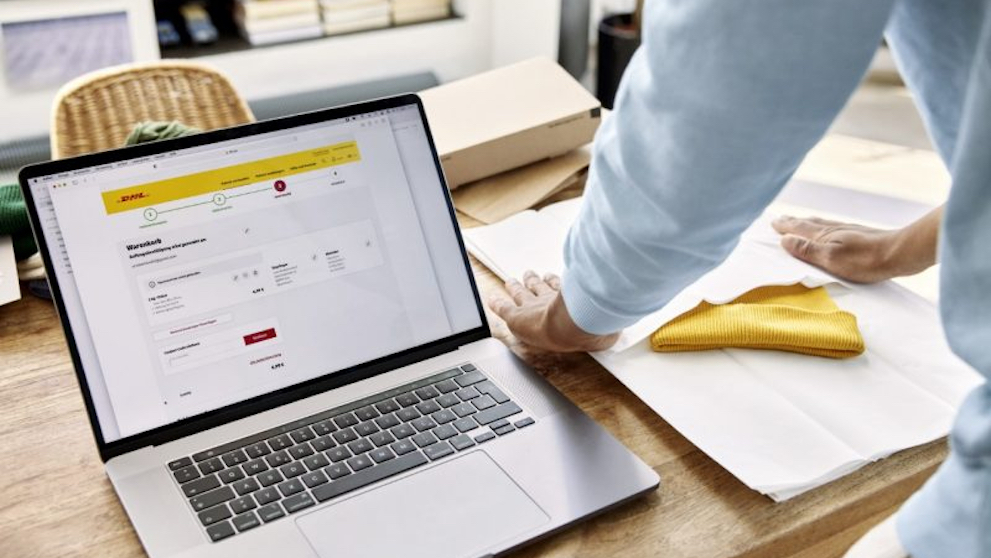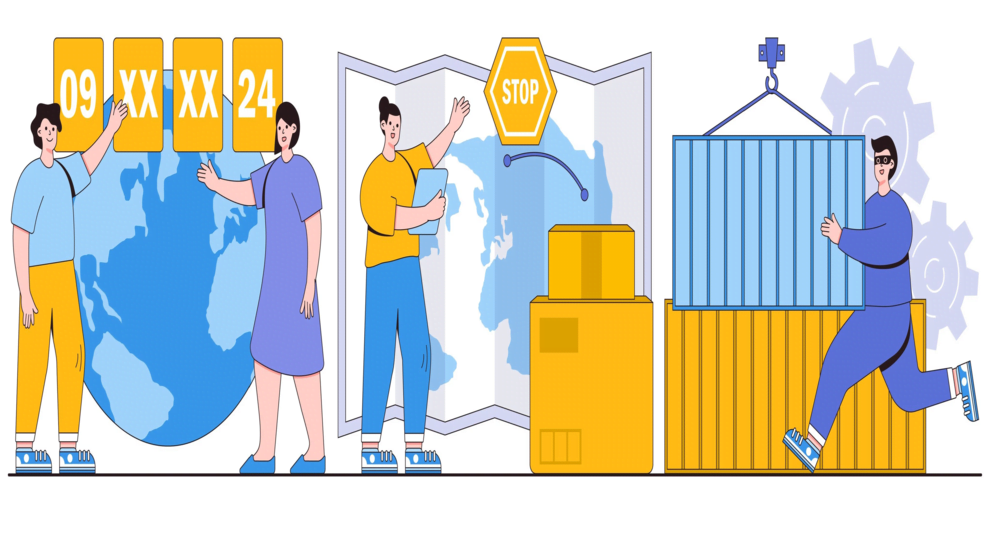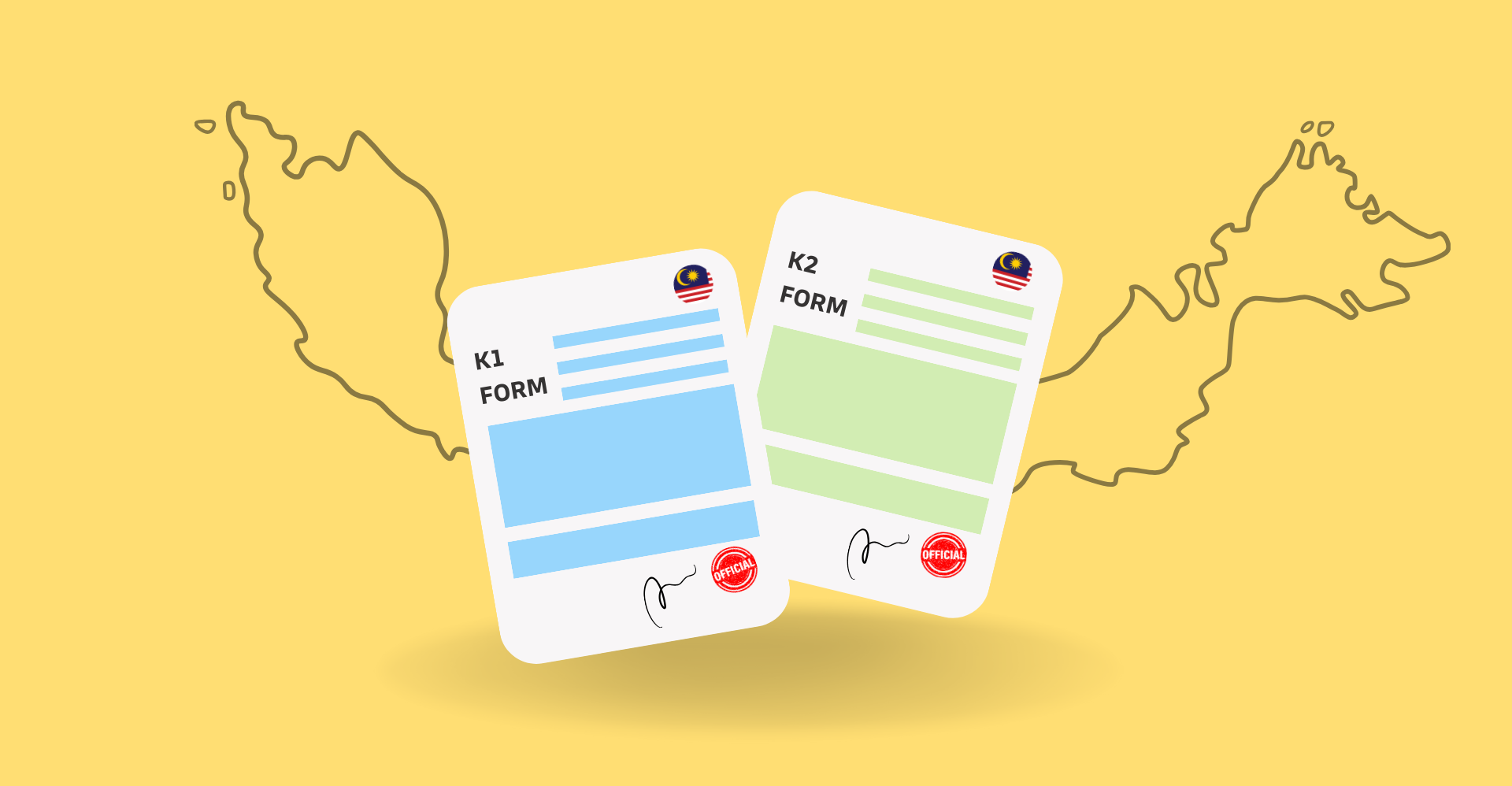The United States, as a nation with an open economy, offers abundant opportunities for foreign eCommerce businesses.
Owing to the effect of globalization, the world has never been more connected. This open doors to Malaysian eCommerce businesses from various industries, such as the Muslimah fashion.
If you're an eCommerce business looking to enter this market, this article is for you. In this article, we will explain how Malaysian eCommerce can take advantage of the United States' de minimis threshold for duty exemptions, simplified documentation, and streamlining production processes.
To begin, it's important to familiarize yourself with the Section 321 program as it is a statute is established by the U.S. Customs and Border Protection (CBP) to regulate and grant admission for de minimis.
What is Section 321?
Section 321 is a statute allowing certain goods under the de minimis value of USD 800 to enter the US without paying any import duties or taxes.
Previously, the de minimis value was USD 200 and increased to USD 800 by the Trade Facilitation and Trade Enforcement Act of 2015 (TFTEA) in 2016. This change makes it cheaper than ever for e-commerce businesses to trade in the US.
Entry type 86 is still in the testing phase and only allows the importer who has registered themselves on ACE (Automated Commercial Environment) or the customs broker acting on their behalf to file for this new entry type.
Why Use Section 321?
There are multiple benefits of using Section 321. Some benefits of using Section 321 include:
Lower Goods Costs
Section 321 raises the de minimis threshold to USD 800, exempting qualified goods below the threshold from import duties and taxes and reducing overall business costs. The lower cost can be significant for e-commerce businesses especially when trading low-margin products.
Faster Customs Clearance
Section 321 shipments are subject to simplified customs procedures due to the reduced customs paperwork contributing to faster clearance times. As the customs process is streamlined, it enables goods to move swiftly through customs, ultimately reaching the intended customer faster.
Improved Customer Experience
Lower costs and faster delivery times translate into a better experience for customers. They receive their orders at a more affordable price and without significant delays, making the shopping experience more satisfying.
Lower Production Cost
The exemption from import duties and taxes by claiming Section 321 for your goods allows you to source or even manufacture your products overseas at a lower price. Additionally, you can strategically locate fulfilment hubs to streamline your supply chain, saving time transporting your goods and reducing costs to manufacture your products. In return, you could provide a competitive price for your product.
For example, you are an e-commerce business selling phone cases. You can manufacture your phone cases in countries that have lower production costs and ship them directly to the US.
How to Claim Section 321?
To ship under Section 321, you can do it through a licensed customs broker or registered yourself on ACE(Automated Commercial Environment) system as a self-filer.
All goods must be registered under the ACE electronic manifest (eManifest) fillings system.
ACE eManifest requires carriers, freight forwarders, brokers, and self-filing importers to submit cargo and conveyance data electronically prior to the shipment's arrival. Although your goods might be under the de minimis value, it is still mandatory for you to file ACE eManifest if you wish to ship your goods under Section 321.
If you have multiple shipments, communicate with your chosen logistics provider on which shipment you want to claim Section 321 to avoid additional charges and penalties.
To access the ACE Secure Data Portal (ACE Portal), a company must have an ACE Secure Data Portal Account.
Follow the steps below to apply for an ACE Secure Data Portal.
Step 1: Identify Sub-account Type
Determine which sub-account type is relevant to your business activity. This depends on your business activity. You can find details on sub-account types in here.
Step 2: Designate an Account Owner
Choose an individual or entity to be the manager of your corporate ACE account. This person doesn’t have to be the company owner but will have administrative responsibilities.
Step 3: Apply
Complete the applicable application based on your specific business activity:
If you’re a protest filer, apply here.
If you’re an exporter, apply here.
For all other trade activities, apply here. Be aware that this type of application may take some time to process, typically 3-5 business days, but it could be longer due to high application volumes.
Step 4: Login and Setup Account
Once your ACE account is established, the Account Owner can log in to the ACE Portal, set up the account, and create user profiles and sub-accounts. If you need guidance on these actions, you can visit here or the ACE Training page for detailed instructions and account management.
How to Capitalise Section 321?
E-commerce businesses can only use Section 321 for one shipment per day. To fully capitalise on Section 321, e-commerce businesses should:
Send multiple shipments for one customer on separate days to utilise Section 321.
Claim Section 321 for the highest-valued shipment if you send multiple shipments to a single customer.
Send multiple goods in one shipment as long as the total value of the shipment is under USD 800.
Restrictions of Section 321
Despite the extensive benefits of Section 321, e-commerce businesses must comply with the restrictions of Section 321 such as:
Daily Shipment Limit
The daily shipment limit for transactions using Section 321 is one shipment per day only. This also applies to customers who can only receive a single 321 shipment daily.
Your chosen logistics company should make only one Section 321 claim for a single business daily to avoid costly penalties. If you have multiple shipments, choose the highest-valued shipment below USD 800 to claim under Section 321.
Type of Goods
Not all imported goods under USD 800 are eligible for Section 321. Under Customs Regulations, some goods not eligible for Section 321 include:
Alcohol, cigarettes and cigars
Goods under the Antidumping and Countervailing Duty
Goods that require Customs Inspections such as harsh chemicals and agricultural products.
Goods regulated by US government agencies such as FDA, FSIS, ISDA, NHTSA and CPSA.
Remember to provide your product’s retail value receipt and ensure that each shipment has consignee names and addresses. Always remain updated on the latest guidelines for imported goods eligible for Section 321 to comply with CBP’s rules and regulations.
Conclusion
Section 321 can be a game-changer when importing goods into the US. Navigating the intricate world of international imports into the US can be daunting. However, by adhering to the rules of Section 321, you can effectively acquire low-value shipments in a cost-efficient manner. This presents an opportunity to enhance your profit margins on existing imports and explore new product avenues.
We understand that embracing Section 321 isn’t just about cost savings; it’s also about freeing up your valuable time to focus on what truly matters - running and growing your business. We at DHL Express share similar values and we are happy to assist with your shipment needs to grow with your company. To partner with DHL Express for your shipping needs, create an account with us today.
FAQ
No, you cannot claim Section 321 for multiple shipments despite the value of total shipments being less than USD 800.
However, you can accumulate your goods and gather them into one shipment since it would still be under USD 800.
The de minimis value of goods to claim Section 321 is USD 800. Goods above the de minimis value cannot claim Section 321.
However, please be aware of the type of goods restricted to claim Section 321. Failure to comply with this rule might result in penalties and your goods seized by customs.
No, a customer could only receive one Section 321 shipment daily. Additionally, a business could only send one Section 321 shipment daily.
Depending on your goods, you can claim Section 321 if they are below USD 800 and are not:
Alcohol, cigarettes and cigars
Goods under the Antidumping and Countervailing Duty
Goods that require Customs Inspections such as harsh chemicals and agricultural products.
Goods regulated by US government agencies including FDA, FSIS, ISDA, NHTSA and CPSA.




